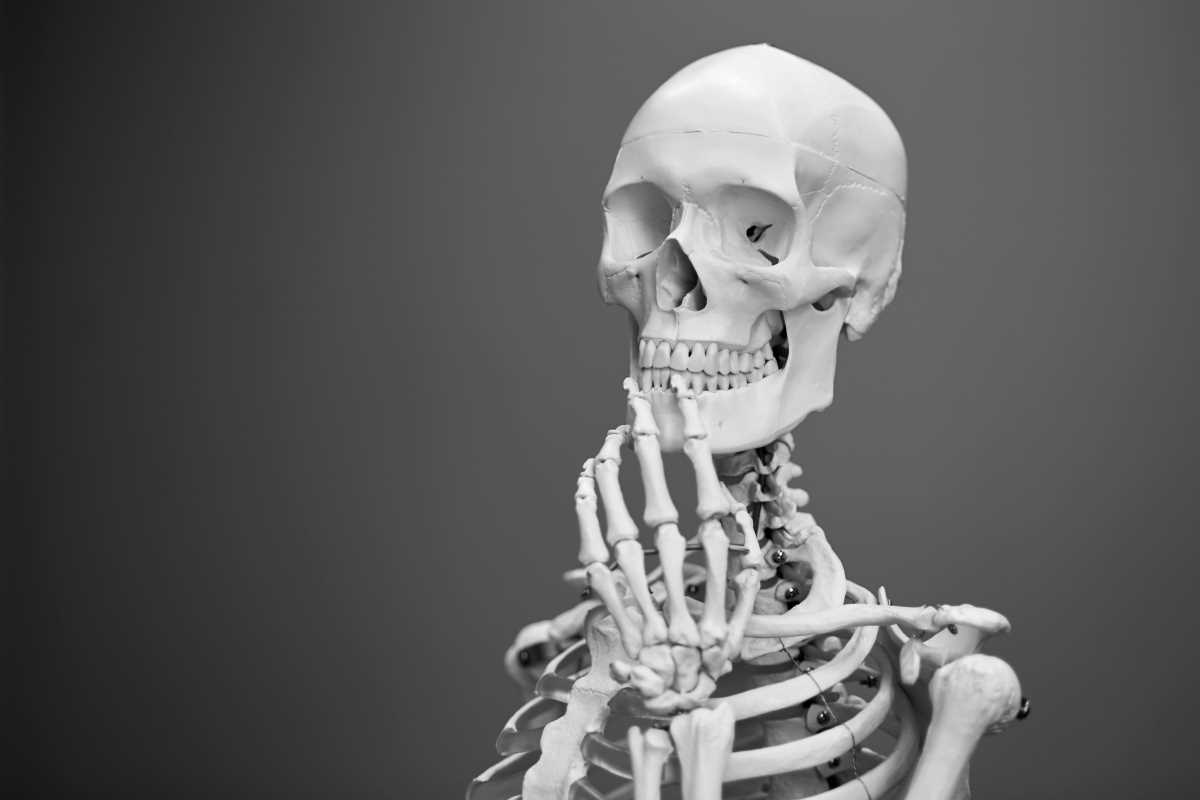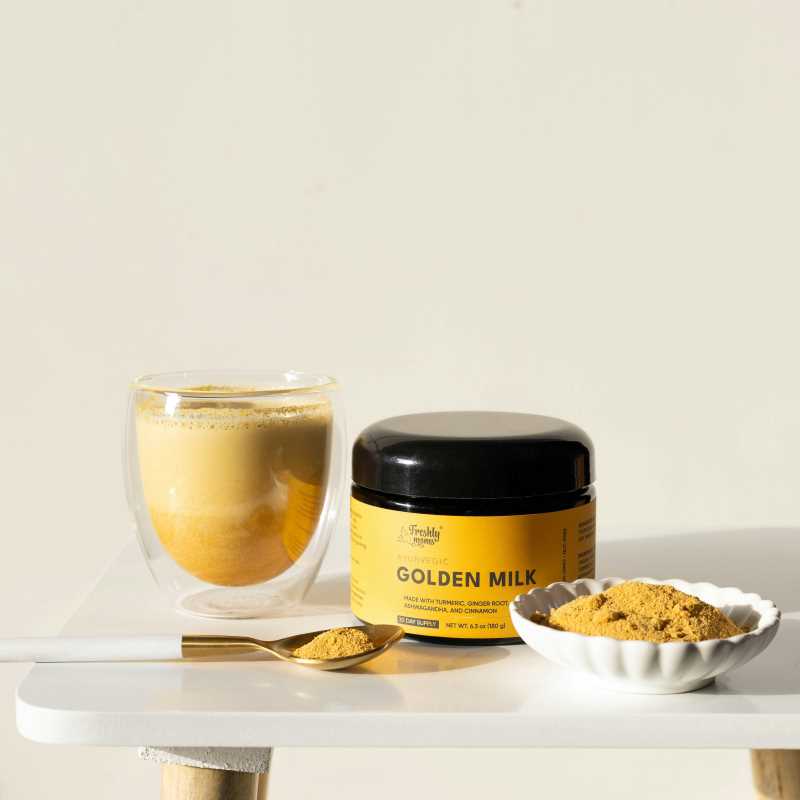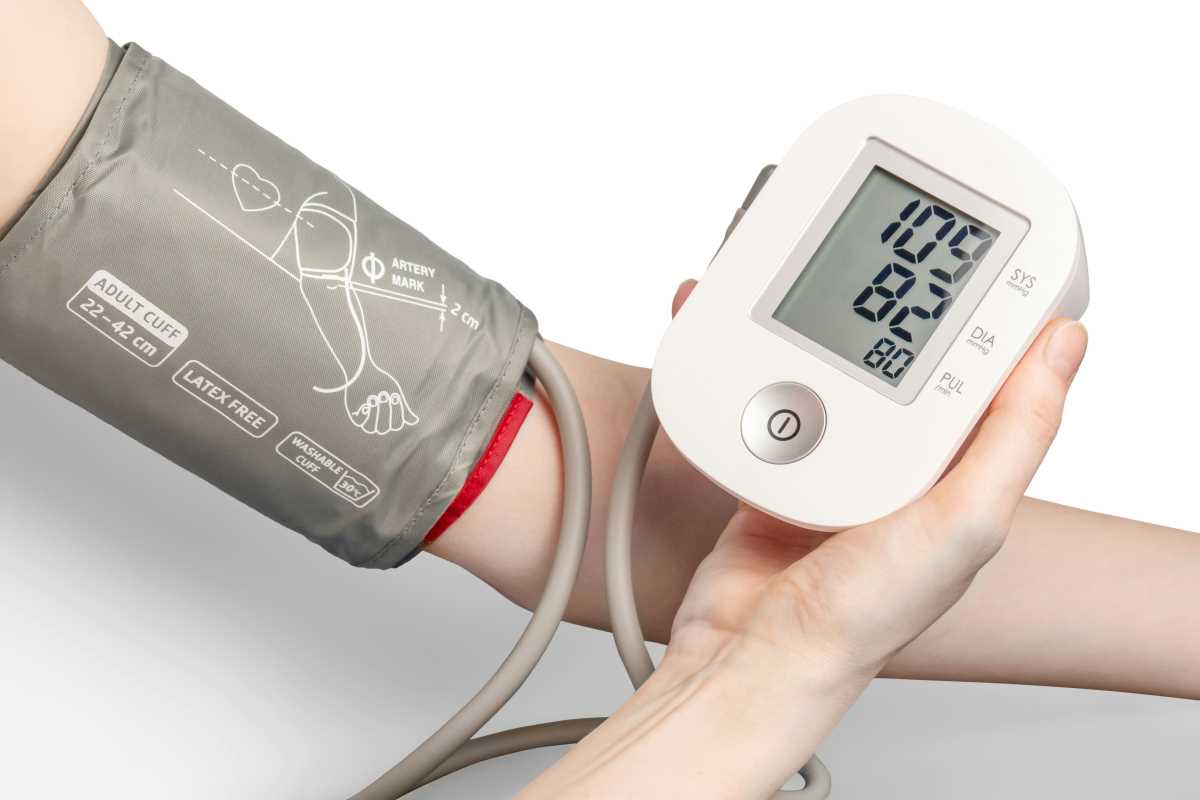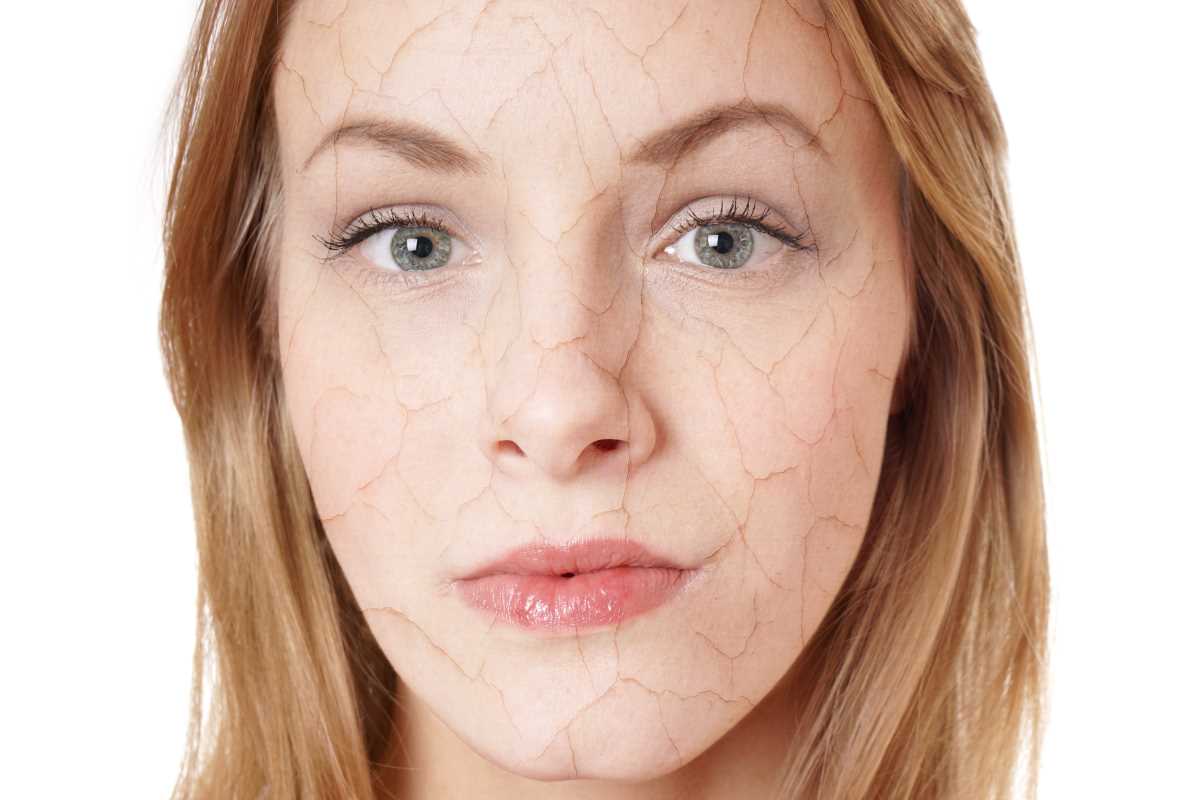Osteoporosis is often called the “silent disease” because it creates chaos in your bones without showing its cards until it’s too late. Weak, brittle bones sneak up on you, increasing your risk of fractures from the kind of minor bumps that wouldn’t even faze a toddler.
But here’s the good news, osteoporosis isn’t inevitable. With the right prevention strategies and management techniques, your skeleton can remain strong enough to handle whatever life throws your way (yes, even dancing at family weddings). Here’s how to give your bones the VIP treatment they deserve.
Fortify with Calcium and Vitamin D
If bones were superheroes, calcium would be their trusty sidekick, and vitamin D? That’s their power source. These two nutrients are a dynamic duo when it comes to building and maintaining bone density. Calcium works as the building block, while vitamin D takes on the role of usher, ensuring calcium is absorbed properly. Without enough of either, your bones might feel like they’re running on low battery.
Make dairy your go-to teammate in this mission. Milk, yogurt, and cheese are classic sources of calcium, but if lactose isn’t your friend, there’s no shortage of plant-based alternatives fortified with calcium (oat milk latte, anyone?). Other great options include leafy greens like kale and spinach or fortified cereals that make mornings healthy and crunchy.
Vitamin D, on the other hand, often needs a little sunshine to work its magic. Spending 15-20 minutes outside can kickstart your body’s natural vitamin D production. For those who can’t bank on the weather, fatty fish like salmon, egg yolks, or supplements can fill the gap.
Boost your calcium and vitamin D intake with these adds:
- Almond milk fortified with calcium as your coffee’s new BFF
- A handful of roasted almonds or chia seeds as a bone-loving snack
- Adding a sunny-side-up egg on top of your roasted veggie bowl
Keeping your daily intake on track may feel like a chore at first, but trust us, your future, fracture-resistant self will thank you.
Tapping Into Weight-Bearing Exercises
Think of your bones as living tissues always ready for a workout. To stay strong, they thrive on stress, but the good kind. Weight-bearing exercises like walking, dancing, or even climbing stairs signal your body to keep building bone density. Essentially, you’re telling your skeleton, “We’ve got an active life to keep up with. Better stay strong!”
Walking is one of the easiest exercises to incorporate into your day. Whether it’s a brisk stroll through the park or power-walking to the grocery store, it gets the job done. Add a couple of light dumbbells to your routine, and you’re giving your arms some bone-love, too.
For those seeking a (slightly) more adventurous option, yoga provides balance, strength, and flexibility. Moves like “Warrior Pose” aren’t just Instagram-worthy; they work to strengthen key bones in your hips, legs, and spine. Bonus points for how calm you’ll feel after.
Gentle resistance bands are an excellent alternative to heavy weights. They’re compact, portable, and easier on joints, while still challenging muscles to contract and bones to fortify.
Fun weight-bearing activities include:
- Dancing to your favorite tunes as a cardio and bone-strengthening mash-up
- Tennis or badminton for extra agility (and feeling competitive for fun)
- Gardening with all the digging and pot lifting as stealthy strength training
These exercises are proof you don’t need a gym membership to bulletproof your bones. Just get moving however suits you best.
Cutting Back on Bone Saboteurs
There’s no sugarcoating this part, certain habits can sneakily sabotage your bone health long before symptoms show up. But worry not; a little awareness goes a long way when it comes to making your lifestyle bone-friendly.
First up, smoking has to go. It messes with your body’s ability to absorb calcium and reduces bone mass over time. Want another reason to quit? Smokers are at a higher risk of fractures, and their bones take longer to heal. Double yikes.
Now on to alcohol. While the occasional glass of wine is unlikely to ruin your bone density goals, heavy drinking interferes with nutrient absorption and hormones crucial for bone health. Moderation is the name of the game, think happy hour, not happy hours.
A salty diet might be the sneaky villain in your pantry. Excess sodium can lead to calcium loss, so if you’re a sucker for chips or canned soup, consider opting for low-sodium options. Processed sugar is another culprit, linked to inflammation that can play a role in weakening bones.
Steps to reduce bone saboteurs include:
- Swapping sodas for herbal teas to avoid the calcium-leaching effects of caffeine
- Steering clear of processed foods dripping in salt or hidden sugars
- Replacing alcohol-heavy nights with mocktails loaded with vitamin-rich fruits
Every little swap or reduced indulgence places a tick in the “good for bones” column. Little sacrifices now add up to strong bones later!
Prioritizing Bone-Health Supplements
Sometimes food alone can’t cover all the bases. If your diet falls short on calcium or vitamin D, or your health conditions make it harder to absorb nutrients, supplements can come to the rescue. But don’t play a guessing game–knowing what’s actually beneficial is key.
Calcium supplements are widely available, but not all are created equal. Look for options labeled “calcium citrate” for better absorption, especially if you’re prone to digestive issues. Just don’t overload; too much calcium can cause kidney stones (ouch!).
Vitamin D is often paired with calcium in supplement form. Be sure to take the proper dosage as recommended by your doctor, especially if you rarely see the sun. Many people, especially older folks, find vitamin D-dense drops or capsules as an easy add to the day.
Other bone-boosters include magnesium and potassium. These unsung heroes help your muscles work in sync with your bones and contribute to the rebuilding process. Collagen supplements are also worth considering for overall joint and bone health.
Consult with your healthcare provider to decide:
- Whether you need additional calcium beyond food sources
- The optimal vitamin D dosage to ensure full absorption
- Any combination supplements that fit your lifestyle and needs
Supplements aren’t meant to replace food but rather to fill in gaps where grocery lists fall short. They’re like a safety net ensuring your bones stay resilient.
Building a Supportive Community
Nobody makes big lifestyle changes in isolation (and if they do, it’s a lot harder). A community of support can accelerate your progress, keep you consistent, and even make the daunting prospect of osteoporosis management… dare we say, kind of fun?
Join local fitness classes focused on low-impact workouts like yoga or Pilates to find like-minded individuals with similar goals.
Not only will you get guidance from instructors, but you’ll also find accountability partners who push you to show up week after week.
Talk to your doctor about connecting with support groups, either in person or digitally, where people share tips, nutrition hacks, and even recipes meant for managing osteoporosis.
Even personal connections matter. Tell your friends and family about your commitment to caring for your bones. They might join you for walks or help taste-test your latest batch of bone-friendly smoothies. The more people who know about your wellness priorities, the greater chance you’ll have of sticking to them.
Try building support:
- Find Facebook or Meetup groups aligned with osteoporosis management
- Partner with a walking buddy to make daily strolls less lonely
- Rally your family to adopt bone-healthy habits alongside you
When you approach bone management as a shared experience, it transforms from a chore into a shared commitment filled with little wins worth celebrating.
Defining Your Bone-Strong Future
Keeping osteoporosis at bay takes time and effort, but the payoff is massive. Not only can preventing fractures save you from long recovery times, but it also preserves your mobility and independence for years to come. These five strategies aren’t about making massive leaps; they’re about consistent, sustainable choices that benefit your entire body.
 (Image via
(Image via





